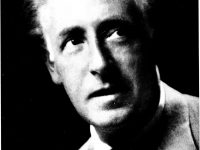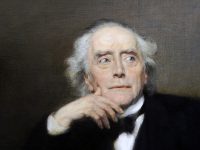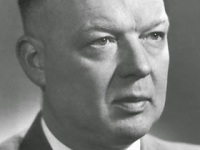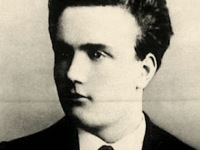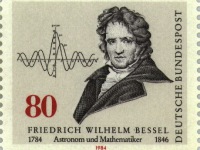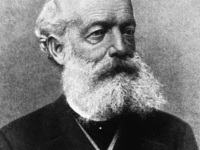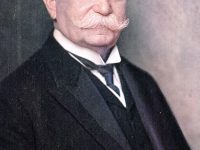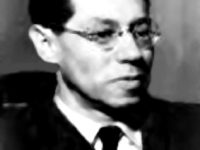Fritz Kahn and the Mensch Maschine
On September 29, 1888, German Jewish physician Fritz Kahn was born. He is best known for his publication of popular science books and especially for his illustrations, which pioneered infographics. Fritz Kahn – Becoming a Physician Fritz Kahn was born in Halle, Germany and grew up with Jewish orthodox traditions and a decent education. In his early years, the Kahn family relocated several times and even lived in the United States for quite a while…
Read more

